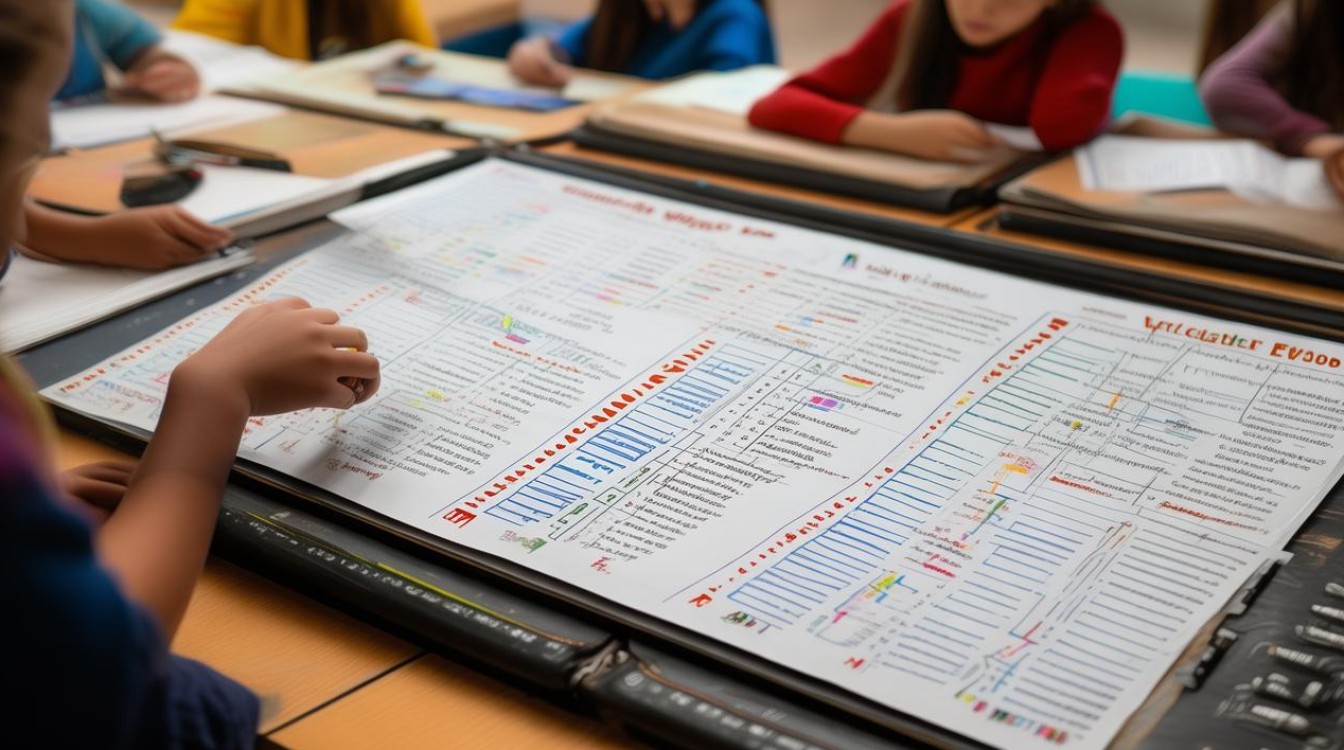Expanding your English vocabulary is crucial for effective communication, whether you're traveling, working, or socializing. This guide covers key words and phrases for everyday scenarios, helping you speak with confidence.

Business and Professional Settings
Navigating workplace conversations requires precise language. Here are must-know terms:
- Deadline – The final date for completing a task
- Brainstorm – Group discussion to generate ideas
- Networking – Building professional relationships
- KPI (Key Performance Indicator) – Measurable goals
- Synergy – Combined effort producing better results
For meetings:
- Agenda – List of discussion topics
- Action items – Tasks assigned during meetings
- Follow-up – Subsequent communication after an event
Email essentials include:
- CC (Carbon Copy) – Sending copies to additional recipients
- BCC (Blind Carbon Copy) – Hidden recipient list
- Attachments – Files included with messages
Travel and Transportation
Air travel vocabulary:
- Boarding pass – Document allowing plane entry
- Carry-on – Small luggage taken aboard
- Connecting flight – Intermediate stop before final destination
Hotel terms:
- Reservation – Booked accommodation
- Check-in/Check-out – Arrival and departure procedures
- Amenities – Available facilities and services
Public transport words:
- Fare – Transportation payment
- Platform – Train or bus boarding area
- Transfer – Changing vehicles during a journey
Dining and Food
Restaurant vocabulary:
- Appetizer – Starter dish
- Entrée – Main course
- Dessert – Sweet final course
- Bill/Check – Payment request
Cooking terms:

- Sauté – Quick frying in little oil
- Simmer – Gentle boiling
- Marinate – Soaking in flavorful liquids
Food descriptions:
- Crunchy – Firm, crisp texture
- Tender – Soft, easy to chew
- Spicy – Containing strong seasonings
Health and Medical
Doctor visit terms:
- Symptoms – Physical signs of illness
- Diagnosis – Medical condition identification
- Prescription – Doctor's medication order
Body parts vocabulary:
- Abdomen – Stomach area
- Cardiovascular – Relating to heart and blood vessels
- Respiratory – Concerning breathing
Exercise terminology:
- Repetitions (reps) – Single exercise movements
- Set – Group of consecutive reps
- Aerobic – Oxygen-using physical activity
Technology and Digital
Computer terms:
- Bandwidth – Data transfer capacity
- Cache – Temporary storage for quick access
- Firewall – Network security system
Internet vocabulary:
- Browser – Web navigation software
- Bookmark – Saved website link
- Download/Upload – Receiving/sending digital files
Social media words:
- Hashtag – Topic identifier using # symbol
- Viral – Rapidly spreading online content
- Algorithm – Content sorting system
Shopping and Retail
Store vocabulary:

- Aisle – Passage between shelves
- Checkout – Payment counter
- Receipt – Purchase proof document
Payment terms:
- Invoice – Itemized bill
- Refund – Money return for returned goods
- Warranty – Product guarantee
Clothing words:
- Accessories – Complementary fashion items
- Footwear – Shoes and related products
- Outfit – Complete set of clothing
Education and Learning
Academic terms:
- Curriculum – Course of study
- Syllabus – Class outline
- Thesis – Research paper
Classroom vocabulary:
- Assignment – Given task
- Lecture – Formal teaching session
- Tutorial – Small group instruction
Testing words:
- Multiple choice – Question with preset answers
- Essay – Written composition
- Plagiarism – Using others' work without credit
Social Interactions
Conversation starters:
- Hobbies – Leisure activities
- Current events – Recent news topics
- Mutual friends – Shared acquaintances
Emotional expressions:
- Empathy – Understanding others' feelings
- Gratitude – Thankfulness
- Enthusiasm – Excited interest
Relationship terms:

- Acquaintance – Casual friend
- Colleague – Work associate
- Mentor – Experienced guide
Emergency Situations
Critical vocabulary:
- First aid – Immediate medical help
- Evacuation – Organized departure for safety
- First responder – Emergency professional
Warning signs:
- Caution – Potential danger notice
- Hazard – Source of danger
- Prohibited – Not allowed
Help phrases:
- "Call an ambulance"
- "Where's the nearest hospital?"
- "I need police assistance"
Building vocabulary takes consistent practice. Focus on learning words relevant to your daily life, using flashcards or language apps for reinforcement. The most effective method is immediate application – try incorporating new terms into conversations or writing. With regular use, these words will become natural parts of your English communication toolkit.
Remember that language learning is progressive. Don't feel overwhelmed by the volume of vocabulary. Start with terms you'll use frequently, gradually expanding to more specialized areas as your confidence grows. The key is making consistent, measurable progress through practical application in real-world situations.


